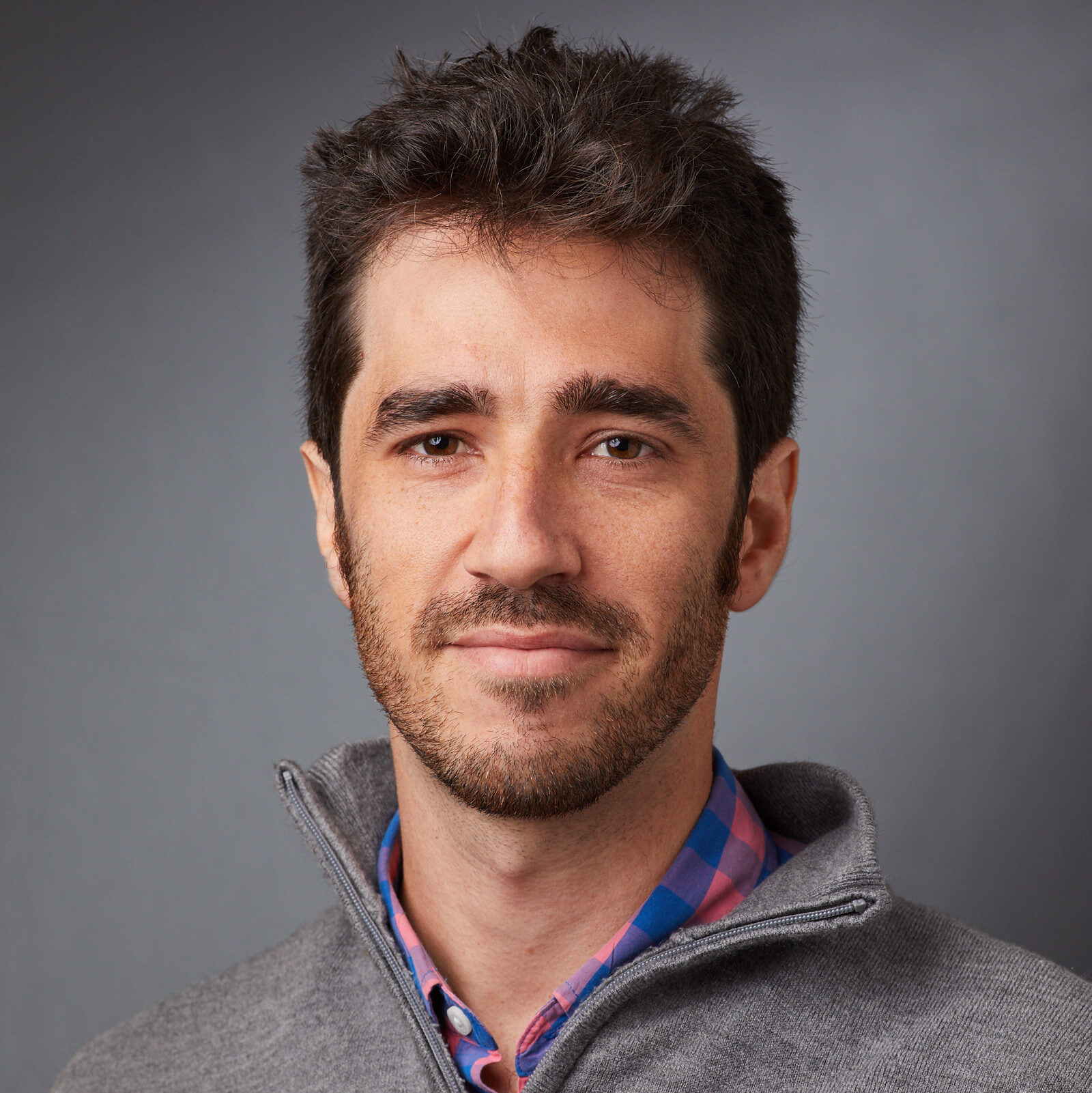Research Seminar with Jacob Wallace, PhD
Who Does Managed Care Work For? Evidence from Medicaid
Open to Penn Affiliates
This paper examines the effects of privatizing social health insurance. We exploit a natural experiment in Medicaid—the largest means-tested program in the U.S.—wherein nearly 100,000 enrollees were randomly assigned between a publicly-operated fee-for-service system and private managed care. We find that managed care reduced cost by 10%—primarily via changes in quantity, not lower prices—with the savings concentrated in prescription drugs. We present evidence that prior authorization was the key mechanism reducing overuse and encouraging substitution to lower-cost drugs without reducing access. While it generates savings, managed care also leaves consumers less satisfied. We confront this tradeoff between cost control and consumer satisfaction using causal machine learning methods to investigate who managed care works best for. After documenting substantial heterogeneity, we explore alternative treatment assignment rules between MMC and FFS.
Co-sponsored with the Department of Healthcare Management.
Please note: In-person attendance at this event is preferred. Virtual access will be provided to registrants who are unable to be on campus.
Speaker

Jacob Wallace, PhD
Assistant Professor, Public Health, Yale School of Public Health
Jacob Wallace, PhD is an Assistant Professor of Public Health (Health Policy) at the Yale School of Public Health. Prior to that, he worked as a policy analyst for the New York State Department of Health in the Office of Health Insurance Programs for three years. His research is focused on the economics of the Medicaid program, with a particular focus on the impact of managed care. He uses quasi-experimental methods to study performance differences across plans, how provider networks impact plan selection and how enrollees experience care, and how managed care tools shape utilization in Medicaid. He received his PhD from Harvard University.